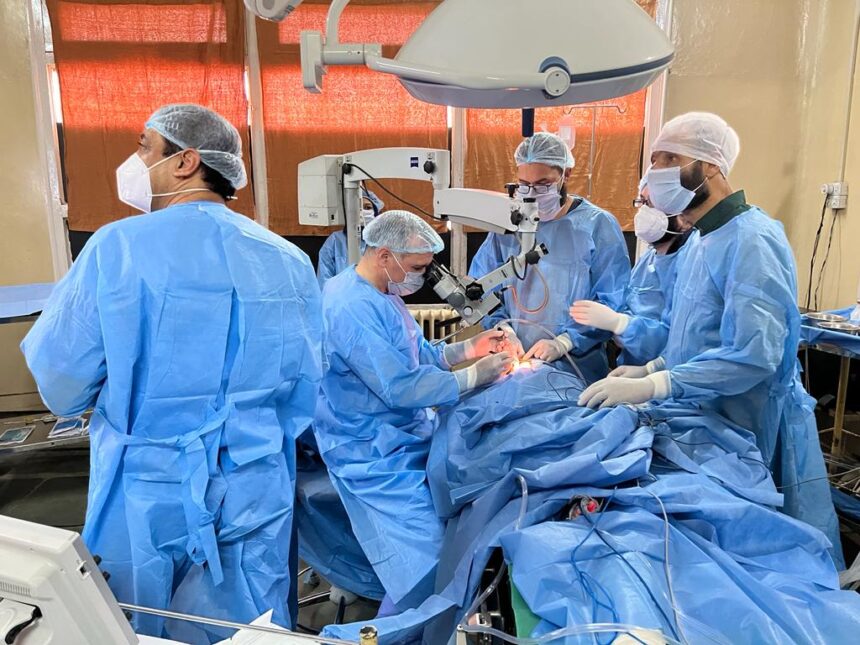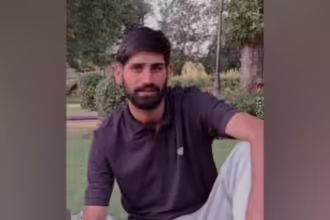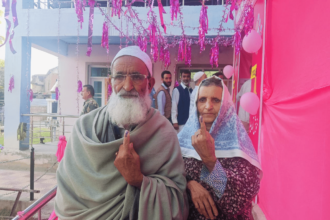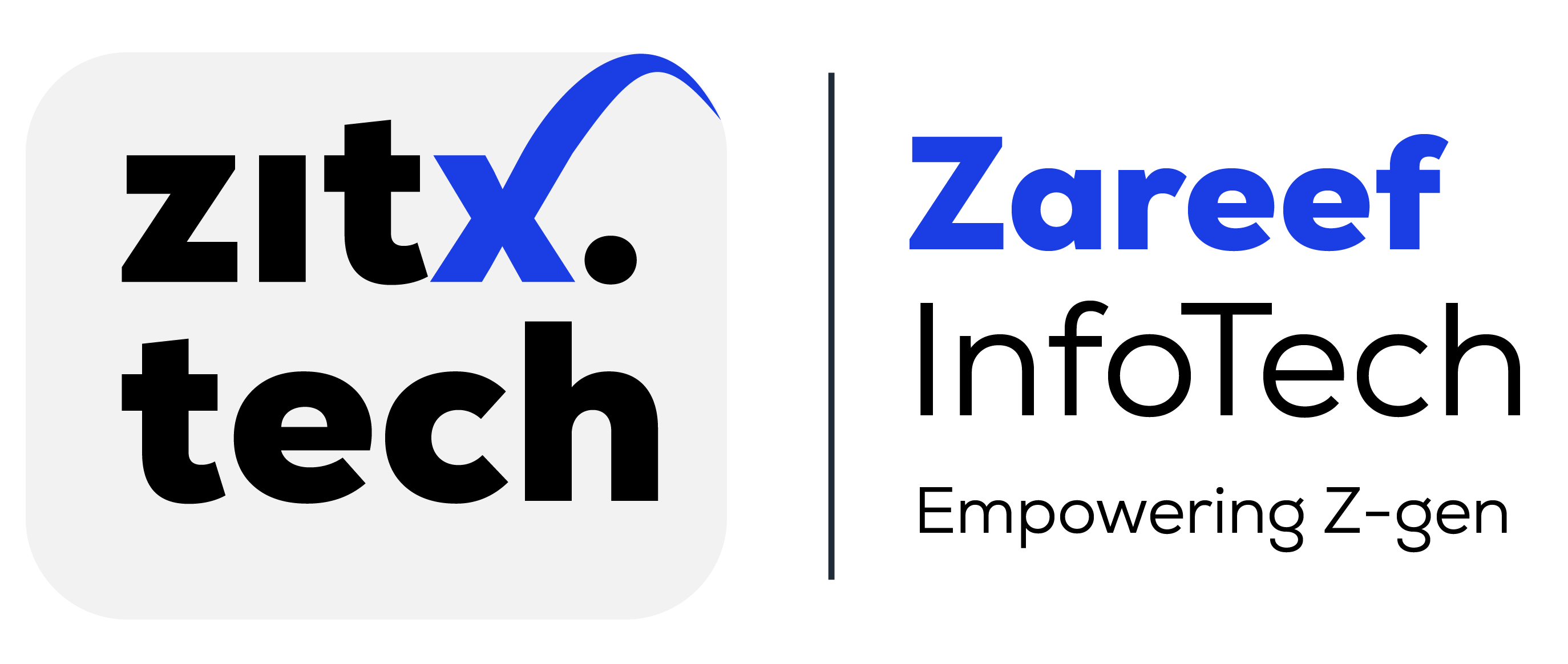A Transformative Medical Procedure
In a remarkable development, the ENT Department at Government Medical College (GMC) Srinagar has performed over 40 cochlear implant surgeries since resuming operations in 2022. These procedures are life-changing, providing deaf children with the ability to hear and significantly enhancing their quality of life. The cochlear implant is a sophisticated electronic device that bypasses damaged parts of the ear and directly stimulates the auditory nerve, enabling individuals who are profoundly deaf or severely hard-of-hearing to perceive sound.
The Cost Barrier
Despite these advancements, the high cost of cochlear implant surgeries poses a significant challenge for many families in Jammu & Kashmir. The expenses for such surgeries can start at over Rs 6 lakh, an amount that is beyond the reach of most families in the region. Although the Ayushman Bharat (Golden Card) scheme offers some financial relief for various medical treatments, it does not adequately cover high-cost procedures like cochlear implants.
The Assistance to Disabled Persons (ADIP) scheme provides some financial support; however, it has strict eligibility criteria that limit assistance to only a small number of families. Currently, out of more than 50-60 children registered for cochlear implant surgeries at GMC Srinagar, only 10-15 are expected to receive treatment under this scheme. The rest will need to rely on self-funding, which can be a daunting prospect for many.
Expert Insights
Dr. Manzoor Latoo, head of GMC Srinagar’s ENT Department, emphasizes the importance of early intervention for children with hearing impairments. He notes that children between the ages of one and five are ideal candidates for cochlear implants, as early treatment can significantly impact their language development and overall quality of life. “Our aim is to help these children live normal lives with the ability to hear,” Dr. Latoo explains.
The department has also collaborated with experts from AIIMS, New Delhi, to ensure that surgeries are performed with the highest standards of care. Post-operative care and rehabilitation facilities at SMHS Srinagar are equipped to provide comprehensive support for children undergoing these procedures.
Advocating for Change
Despite these efforts, many families remain unable to afford cochlear implants due to financial constraints. Advocate Zahoor, a prominent social activist in the region, highlights that even families earning just above the threshold set by financial aid programs often struggle to cover the costs. “This income limit prevents many from accessing life-changing surgeries that would restore their children’s ability to hear,” he asserts.
Zahoor advocates for a review of existing health insurance schemes to eliminate caps on coverage for medical treatments. He argues that if someone requires Rs 1 crore for treatment but insurance only covers Rs 5 lakh, it creates an insurmountable barrier to necessary care.
Learning from Other States
Activists have pointed out that states like Kerala, Uttar Pradesh, Rajasthan, and Gujarat have implemented more robust support systems for patients needing cochlear implants. They urge the Jammu & Kashmir government to adopt similar approaches to provide widespread assistance to affected families. By expanding financial support and removing restrictive eligibility criteria, more children could benefit from these transformative surgeries.







